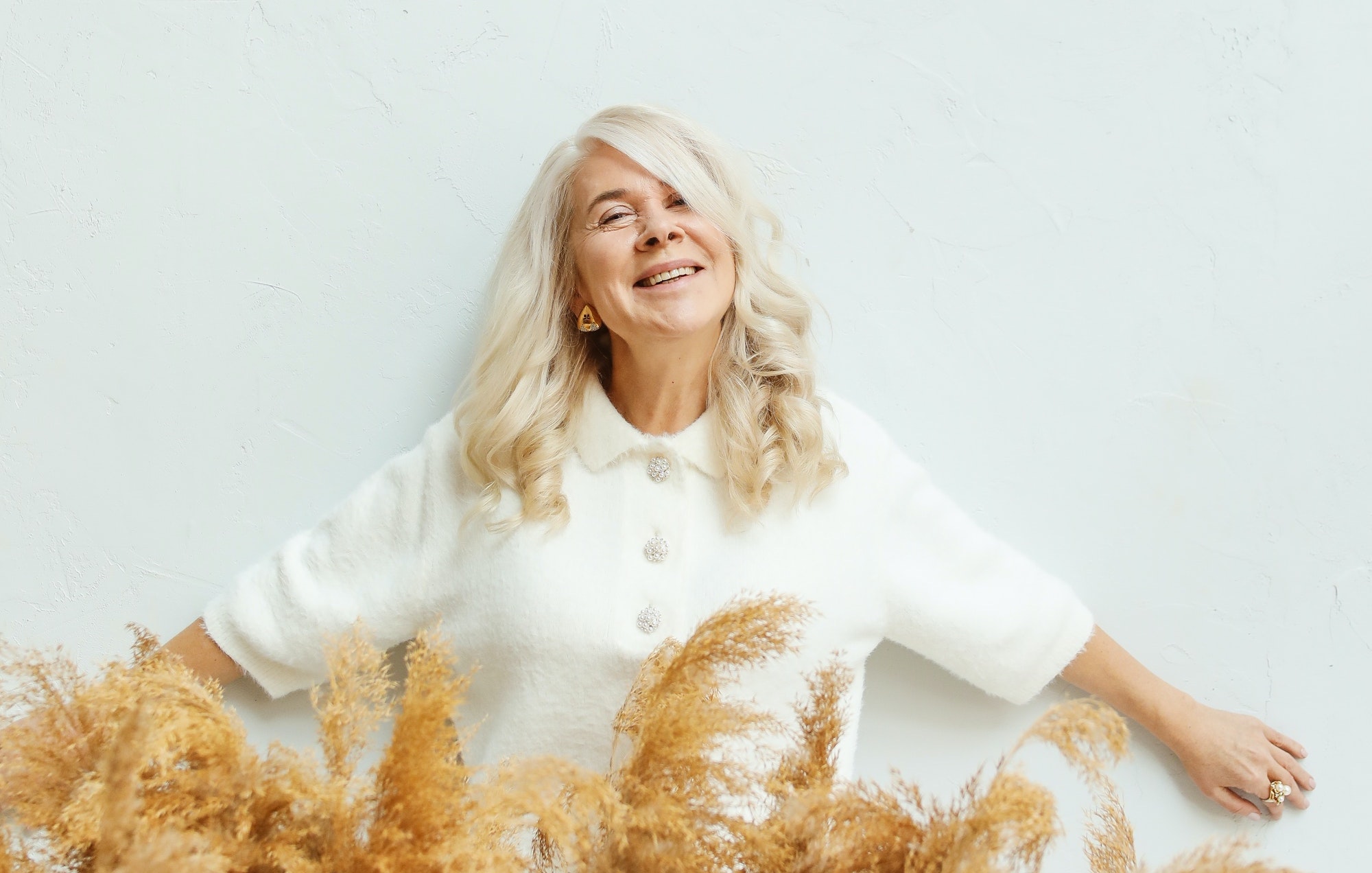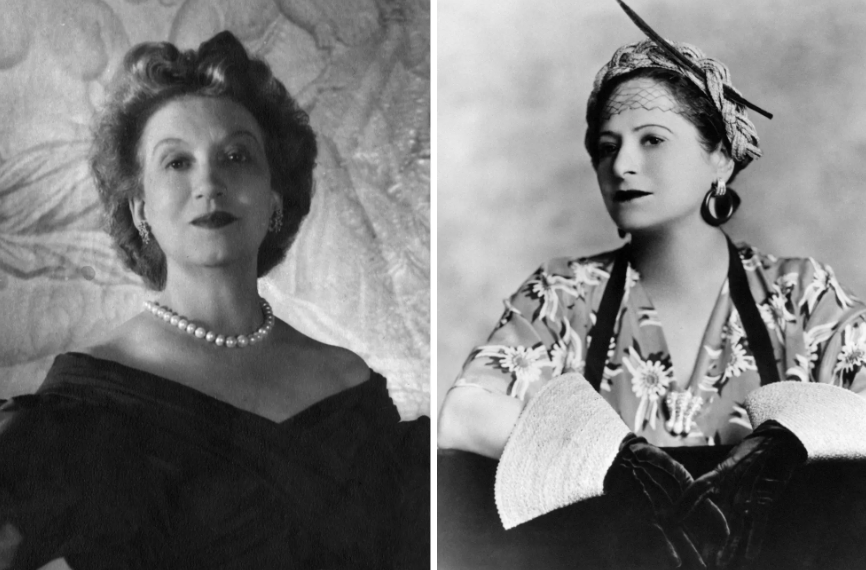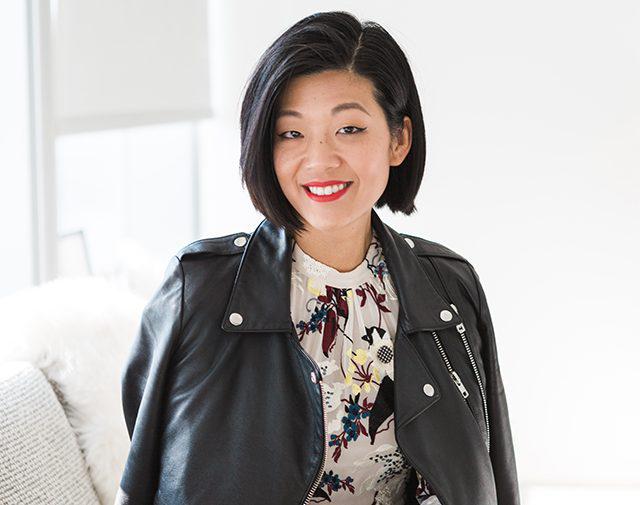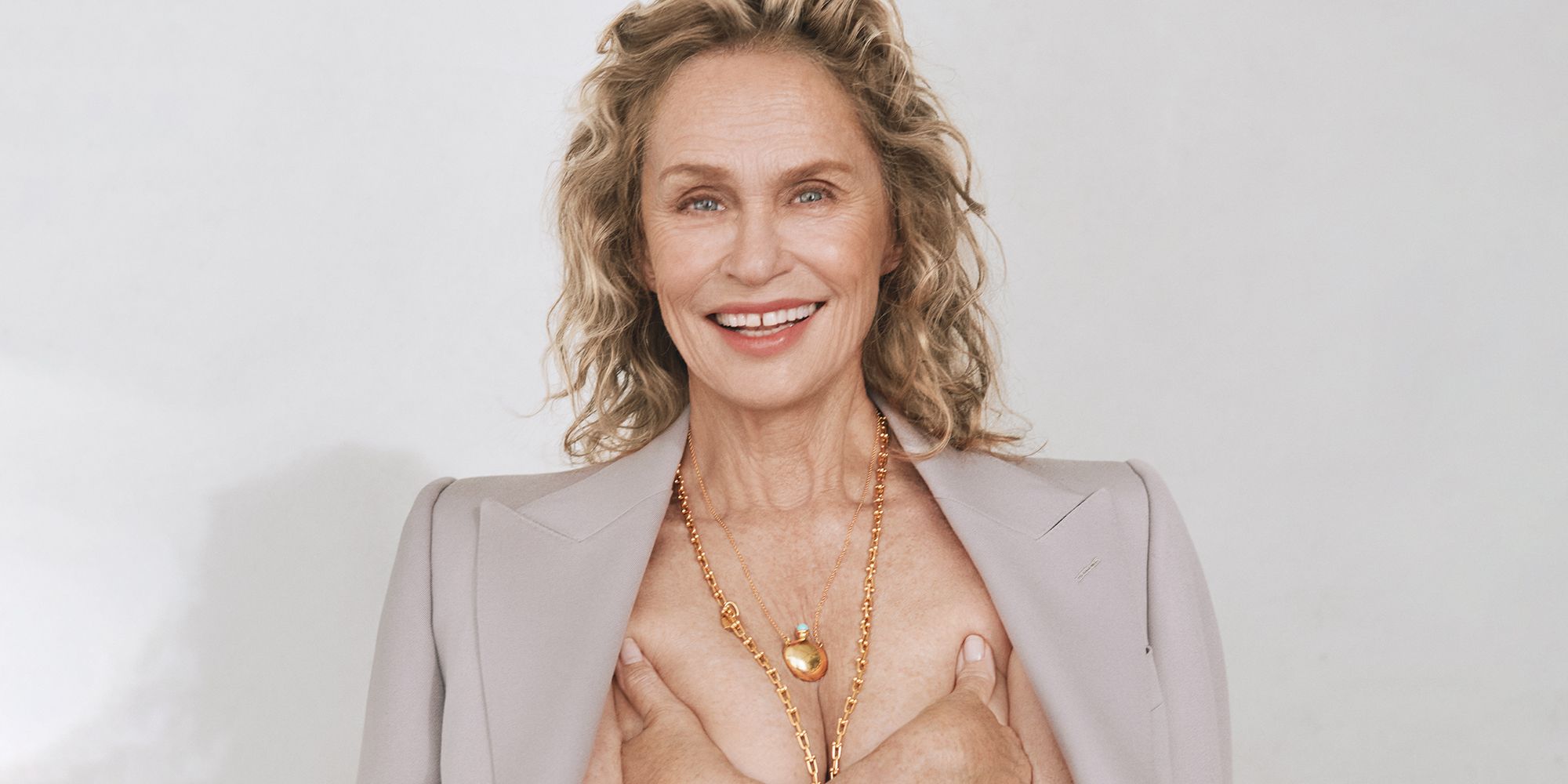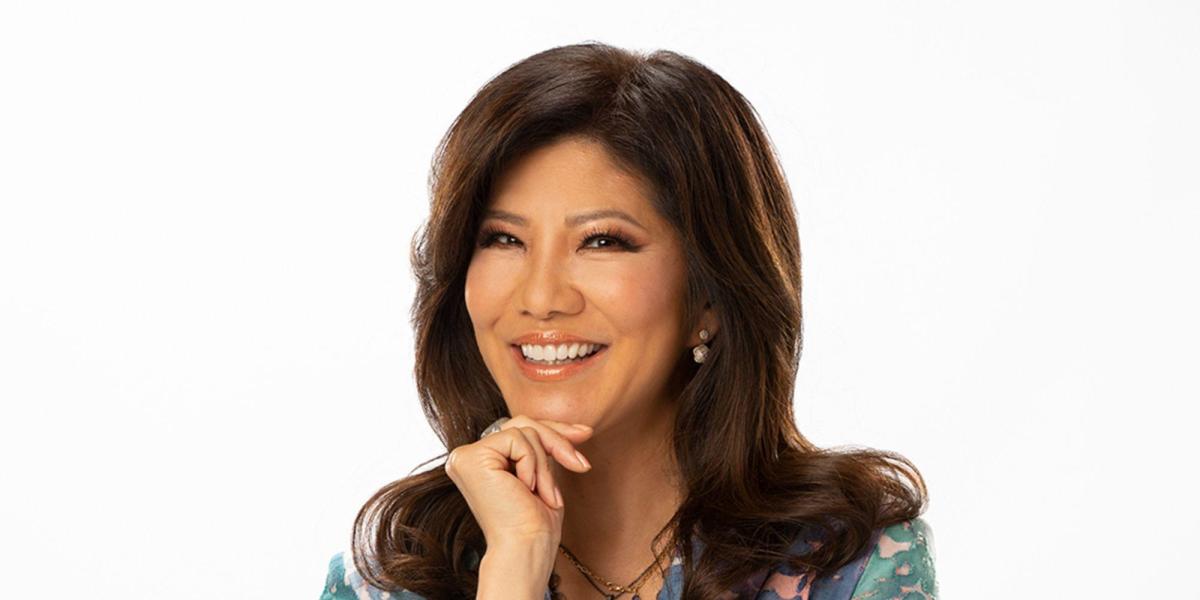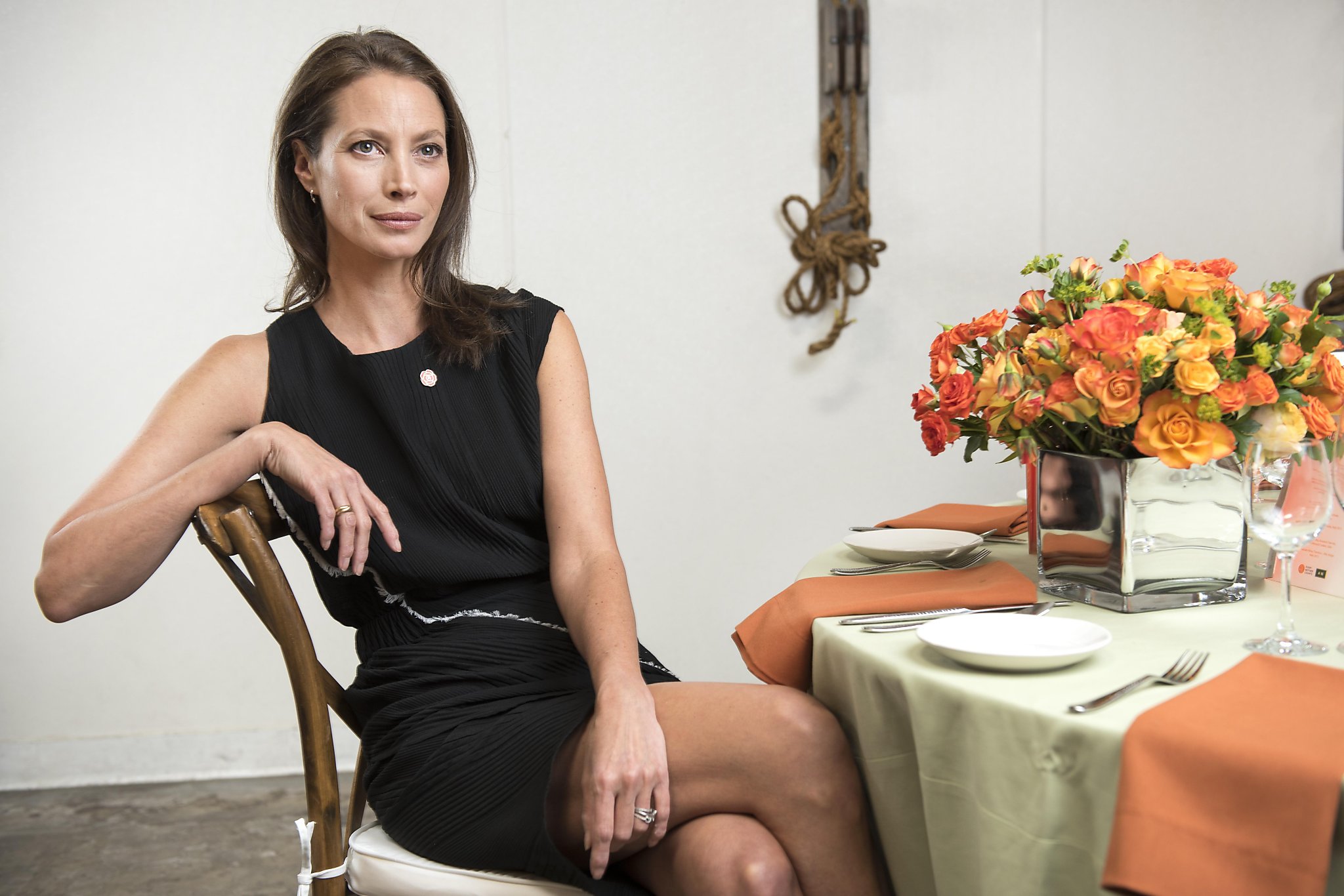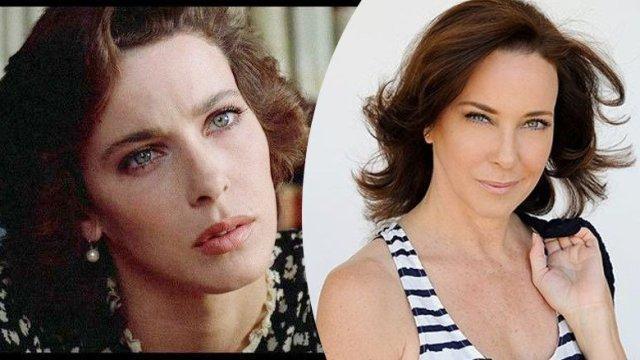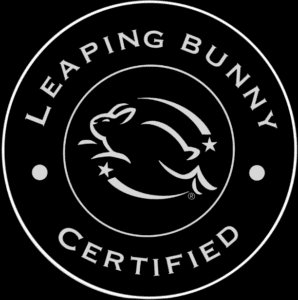Leaving Behind the Word “Normal”
You’ve probably seen the term “normal” used to describe skin and body types, along with nearly anything else in your life. Normal is a subjective term that often suggests there is some collective sense of normality. It can also connote a value system where straying from the standard is deemed wrong or undesired. We’d like to discuss the move away from the word normal by diving into the origins and myth of the term, along with brands no longer using the word, and powerful reasons why it’s okay to embrace your abnormality.
The Origins of the Word “Normal”
“Normal” is derived from the Latin normalis, which means “made according to a carpenter’s square, or forming a right angle.” According to Mirriam-Webster’s Collegiate Dictionary, in Late Latin, normalis had new meanings, including “according to rule” and “according to, constituting, or not deviating from an established norm, rule, or principle.”1
Author Johnathan Mooney explained in his book, Normal Sucks: How to Love, Learn, and Thrive Outside the Lines, that normal is “a word that masquerades as an ever-present universal truth.” He said when the word was first used in Latin, it had nothing to do with people, society, or human behavior.2
Normal and normalis were words primarily used by Latin mathematicians, specifically in geometry to describe a right angle. Mooney explained that over time, it became a universal mathematical truth that a right angle is considered to be a perfect angle. According to Mooney, this is where the meaning of the word normal became both a fact in the world and a judgment of what is right.3
Bernoulli, Quetelet, and Galton’s “Normal” Research
In 1713, the Swiss mathematician Jakob Bernoulli created the calculus of probabilities. This equation was then taken up by statistical thinker, Adolphe Quetelet, who applied the equation to human beings. In 1835, Quetelet gathered large amounts of statistical data to calculate the most commonly occurring features of the “average man.”4
Quetelet’s research had a vital flaw as he believed his “average man” was also the perfect man. In his research, Quetelet interchangeably used the words “normal,” “regular,” and “average.” In his mind, the words all meant perfect. However, it’s important to note that his research excluded people with disabilities and people of color.5, 6
As Peter Cryle and Elizabeth Stephens wrote in their book, Normality: A Critical Genealogy, Quetelet’s work did all that it could to reduce the gap between the actual and the normal/ideal.
English statistician Francis Galton later updated Quetelet’s work and created today’s concept of normality.7, 8, 9
Exploring the Myth of “Normal”
The word and definition of normal, as used in modern times, is viewed as a sort of myth to many; it tells us that being within the range of what is considered normal is the way to be a thriving member of society. Normality is usually assessed by being in or around the average for any given trait.

Pictured: The “normal” in various discourses Source: Critical Perspectives
Due to this, it’s largely assumed that, with a few exceptions, it’s best to be as normal as possible to fit in with those around you. This notion implies that being average can be seen as perfect, but if you stray too far from the average, there is something wrong with you — you aren’t being human the right way.
However, humans are remarkably diverse — it has served us well in the past, it’s with us in the present, and it’ll benefit us in the future. For the beauty industry, the rise of “inclusive beauty,” which refers to beauty that caters to all individuals, has helped phase out the word normal when describing skin type, body type, gender, and so on.
When Fenty launched in 2017 with 40 different foundation shades, it sparked a shift in the makeup industry. This revolutionary time in beauty helped other brands realize that diversity is a priority, rather than an afterthought, and that there is no “normal” when it comes to beauty and humans.
Brands Are Moving Away From Using the Word “Normal”
In 2021, Unilever, which includes Dove, Axe, Shea Moisture, and more, made a pledge to drop the word “normal” from its beauty and personal care brands’ packaging and advertising. This step is part of the corporation’s Positive Beauty Vision, which aims to eradicate exclusionary language and outdated beauty ideals when it comes to beauty products. In particular, how we talk about skin and hair.10
Sunny Jain, former president of Unilever’s beauty department, said of the beauty industry: “With one billion people using our beauty and personal care products every day and even more seeing our advertising, our brands have the power to make a real difference to people’s lives.” Jain’s hope is that this will shape a “broader, far more inclusive definition of beauty.”11
Sarah Degnan Kambou, president of the International Center for Research on Women, echoed this sentiment: “In order to champion equity, we need to challenge these restrictive ‘norms’ and create societies and communities that celebrate diversity and the unique qualities and ideas that each person brings. Beauty is no exception.”12
Unilever says that seven in 10 people agree that using the word “normal” on product packaging and advertising is dismissive. The brand states that for younger people aged 18 to 35, the number increases to eight in 10.13 This shows that the change is welcome and will help many people feel as though they aren’t being excluded when shopping for beauty and personal care products.

Pictured: Unilever ad Source: Ad Week
3 Powerful Reasons To Go Beyond “Normal”
“If you are always trying to be normal, you will never know how amazing you can be.”
― Maya Angelou
The quest to be what society often deems as “normal” can prevent us from doing anything out of the ordinary in life. As humans, we are all extraordinary and are born to be different. Here are three powerful reasons to forego normalcy and embrace what makes you special:
- Normal is subjective. The idea that there is some ideal standard all humans should conform to is unrealistic and can be psychologically limiting. All you can do is trust in yourself, honor your values, and do what makes you happy.
- Normal is not easily defined. It’s often easier for people to define the term abnormal than it is to nail down a definition of normal. The reason for this is that there is no clear definition of what normal is; it’s only when someone deviates from what is generally conceived as ordinary that people become concerned with such labels. Instead of worrying about being normal, create your own definition that fits you and your life.
- Perfection does not exist. Often, when people are trying to be normal, what they’re really trying to achieve is perfection. Perfection is unattainable, and when you strive for it, you may end up focusing too much on perceived flaws and not enough on strengths. Instead, choose to find the beauty in the imperfections.
Don’t Be Normal, Be You.
Humanist Beauty will always stand for radical inclusivity and diversity. Our founder, Jennifer Norman, is a groundbreaking Asian-American woman who has made it her life’s work to inspire life beyond the “normal”. She built Humanist Beauty and The Human Beauty Movement, our parent company, from the ground up in an effort to send a message to the world that all humans are extraordinarily unique. At Humanist Beauty, we know there’s no such thing as normal; there is extraordinary power in your specialness and every day is an opportunity to become the best version of you.
References:
https://lithub.com/how-exactly-did-we-come-up-with-what-counts-as-normal/ [1][2][3][4][5][7][9]
https://link.springer.com/article/10.1007/s11673-021-10122-2 [6][8]
https://www.unilever.co.uk/news/press-releases/2021/unilever-says-no-to-normal-with-new-positive-beauty-vision/ [10[11][12][13]


